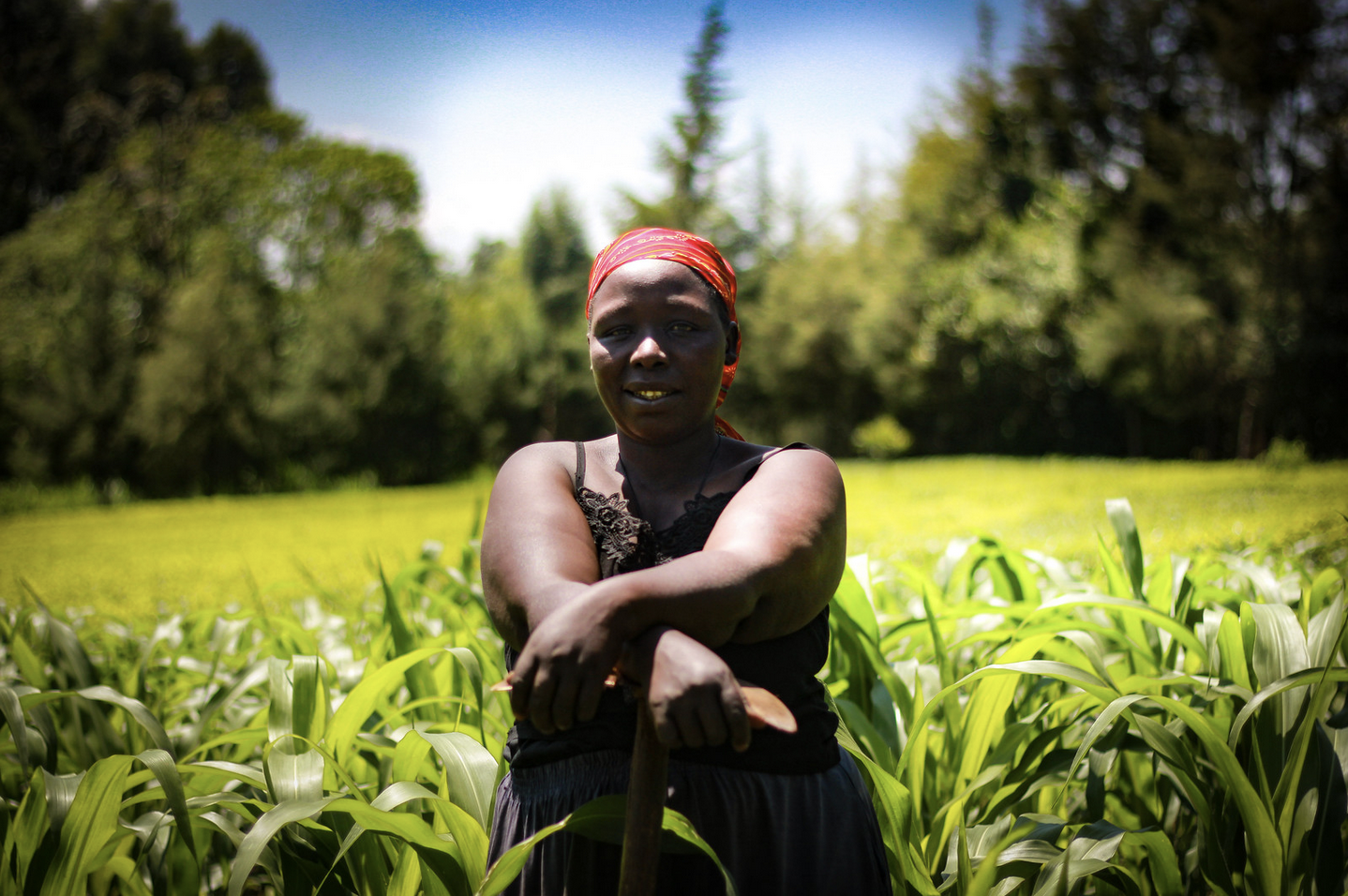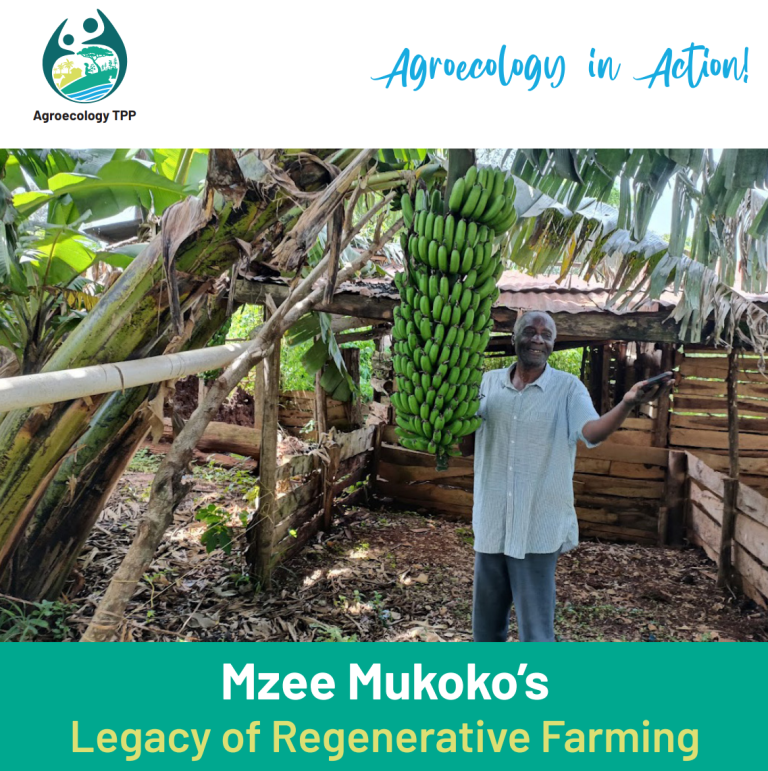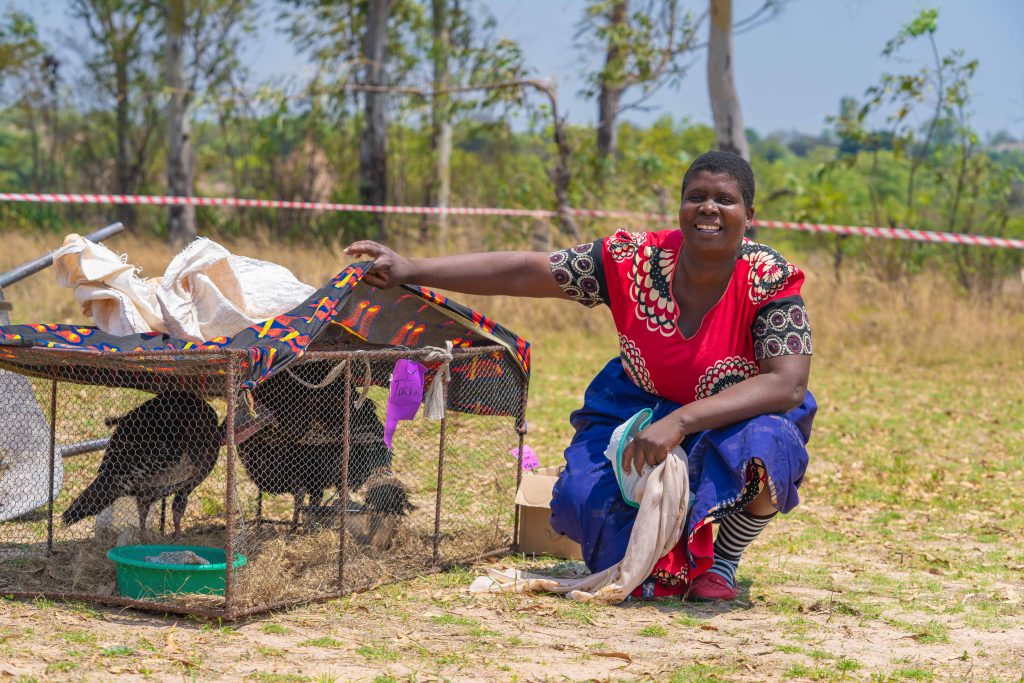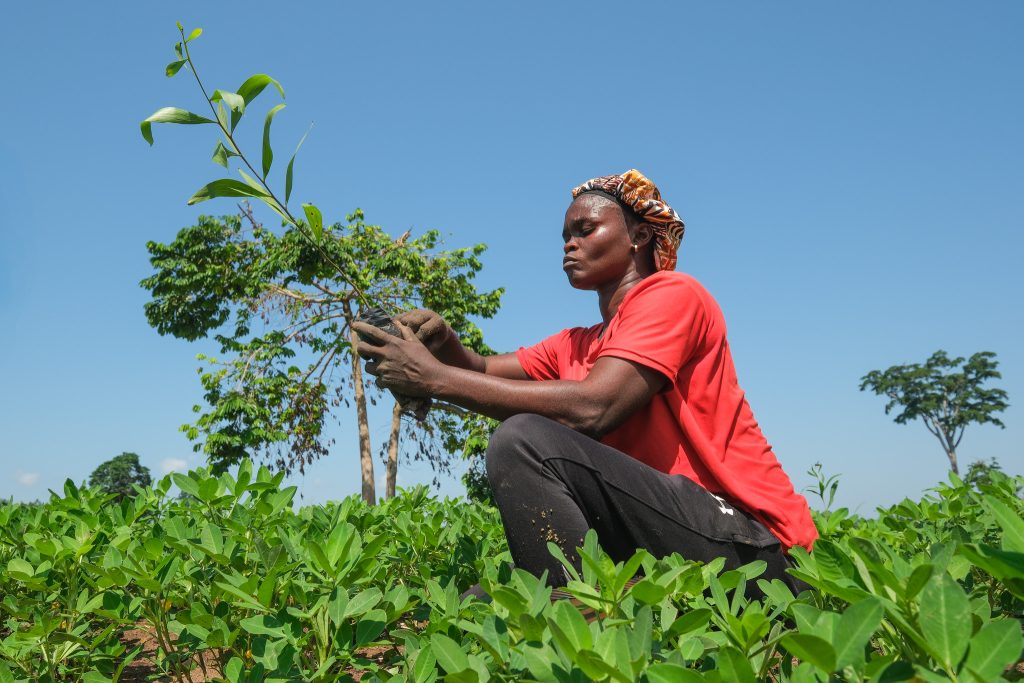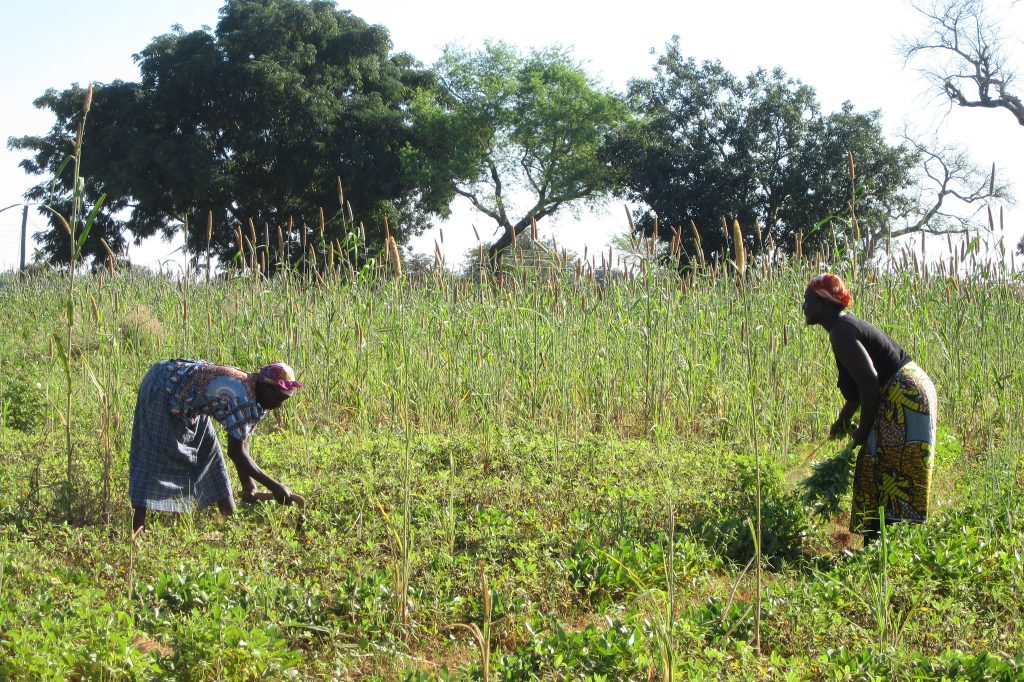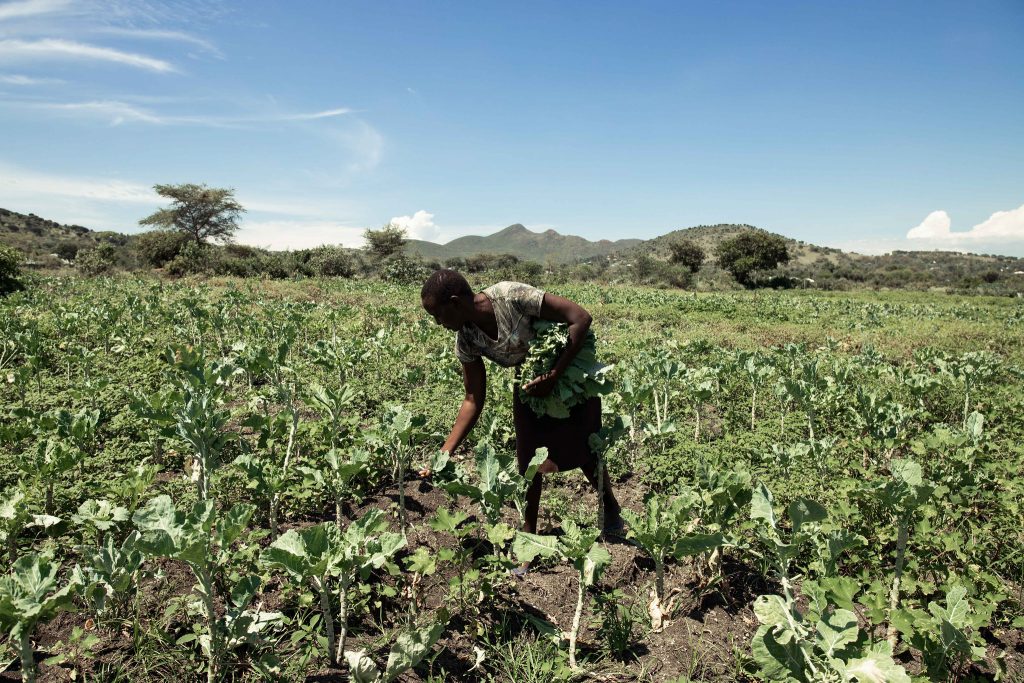Introduction
In Kenya, the proportion of the population experiencing severe food insecurity has alarmingly increased from 15% in 2016 to 28% in 2023. Additionally, the prevalence of undernourishment escalated from 22.3% in 2013, affecting 10 million people, to 29.4% in 2022, impacting 14.7 million people. These figures highlight a reversal of nearly two decades of progress in combating hunger and malnutrition.
The main factors contributing to this problem include continuous cultivation without the judicious use of agricultural inputs, inappropriate land use, and poor land management practices. These practices have severely depleted soil fertility, particularly in smallholder farms, which is a fundamental biophysical root cause of declining per capita food production in sub-Saharan Africa. The situation is exacerbated by Kenya’s reliance on rainfed agriculture, making its agricultural production highly vulnerable to the impacts of climate change. Moreover, the lack of strong institutional coordination, an absence of coherent policy frameworks, and weak extension and advisory services further hinder efforts to transition to more sustainable agricultural practices, such as agroecology and the use of bio-inputs.
However, there are significant opportunities for change that the project aims to capitalize on. The global and regional push towards sustainable agriculture, as exemplified by the Nairobi Declaration on Africa Fertilizer and Soil Health, provides a unique opportunity to align national efforts with broader commitments. The Declaration, endorsed by African Heads of State and Government, sets ambitious targets to reverse land degradation and restore soil health on at least 30% of degraded land by 2034. It emphasizes the need to triple domestic production and distribution of certified organic fertilizers, promote the utilization and recycling of organic resources, and support the establishment of small and medium enterprises (SMEs) focused on producing and distributing organic and inorganic fertilizers, with a particular focus on youth and women.
Aim
This project seeks to address the pressing issue of food and nutrition insecurity in Kenya, a problem that continues to worsen despite agriculture’s significant contribution to the country’s GDP, which stood at 21.8% in 2023.
It aims to achieve the following:
- Strengthen ISFAA’s institutional and coordination capacity
- Develop coherent agroecology policy frameworks, and
- Promote the use of bio-inputs as a critical lever in transitioning away from sole reliance on inorganic fertilizers.
Additionally, the project will support the adoption of agroecological practices and enhance the advocacy capacity of civil society, community, and farmer-led organizations. By addressing these critical areas, the project aims to accelerate food systems transformation in Kenya, ultimately contributing to improved food security, poverty reduction, and sustainable economic growth for smallholder farmers.
Project Scope and Timeline
This project runs from 2024-2026 and is implemented in Kenya, East Africa.
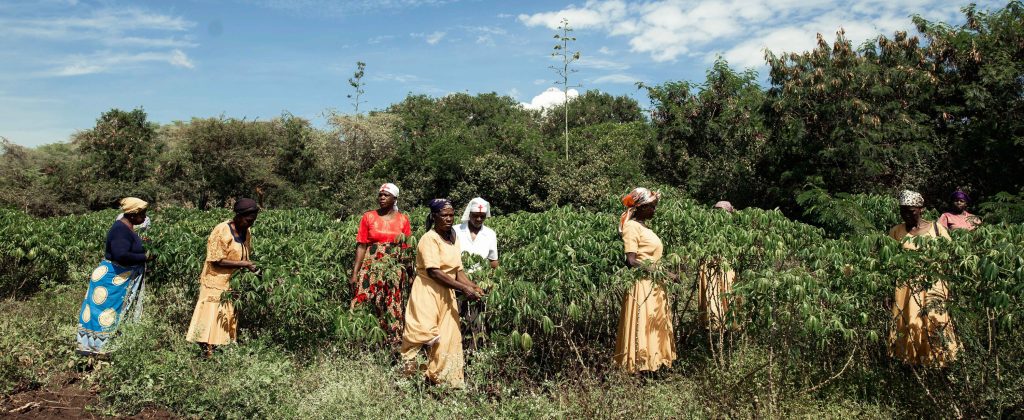
Outcomes
The expected outcomes of the project include:
1. Institutional strengthening and coordination: Enhanced coordination and institutional capacity of the ISFAA, national and county mechanisms for effective implementation of the National Agroecology Strategy.
2. Agroecology policies, plans and programmes implemented at the National and County level: Advocacy campaigns for the Implementation of the National Agroecology Strategy and formulation of agroecology policies at the County level. Increased public awareness and understanding of agroecology and strengthened knowledge and capacity of community and farmer-led organizations, resulting in widespread adoption of agroecological practices at the farm level and increased advocacy for agroecological transformation of the food system at the county and National levels.
3. Support for production and use of bio-inputs: Increased adoption and utilization of bio-inputs in agriculture through mapping of feedstock and development and of relevant standards and regulations, resulting in improved soil health and agricultural productivity.
Key Deliverables
Mzee Mukoko Legacy Case Study Brief
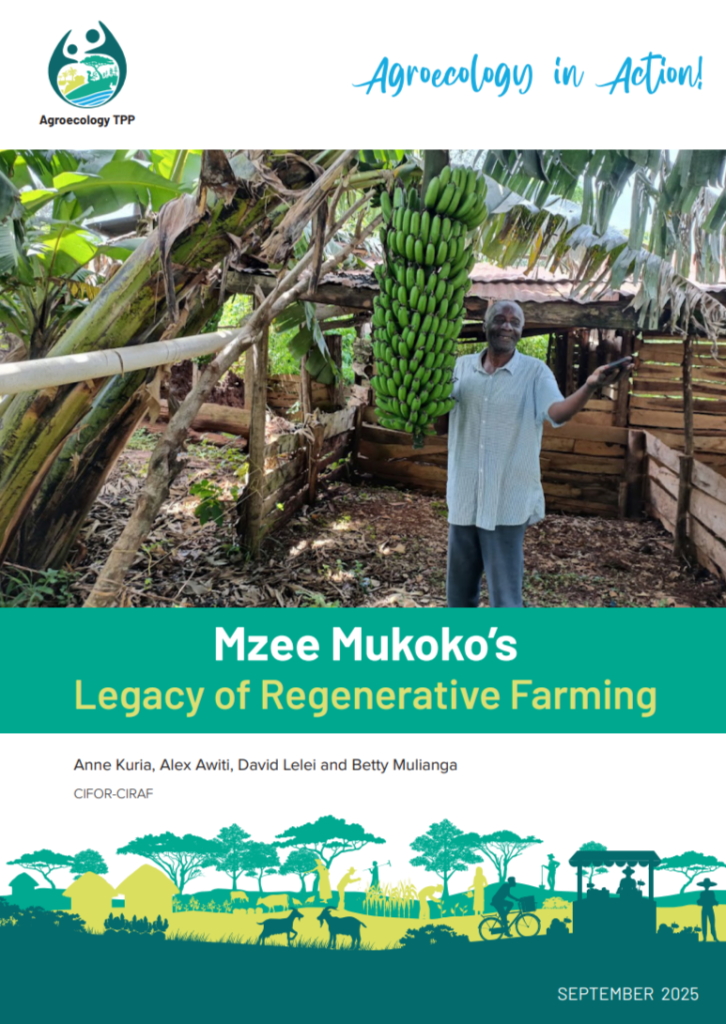
At 79, Mzee Mika Mukoko has transformed his modest two-acre farm in Vihiga County, Kenya, into an inspiring example of farmer-led agroecological innovation. A former wildlife conservationist trained in organic farming at the Rodale Institute (US), Mukoko blends traditional wisdom with modern science to create a lighthouse for regenerative agriculture. His farm demonstrates how smallholder farmers can achieve ecological resilience, economic viability, and community empowerment on limited land.
Partners
- Center for International Forestry Research and World Agroforestry (CIFOR-ICRAF)
- Intersectoral Forum on Agroecology and Agrobiodiversity (ISFAA)
- Participatory Ecological Land Use Management (PELUM) Kenya
Contacts
- Alex O. Awiti (CIFOR-ICRAF): a.awiti@cifor-icraf.org
Donors

The Strengthening the Implementation of Kenya’s Agroecology Strategy to Accelerate Food Systems Transformation project is generously funded by Porticus

